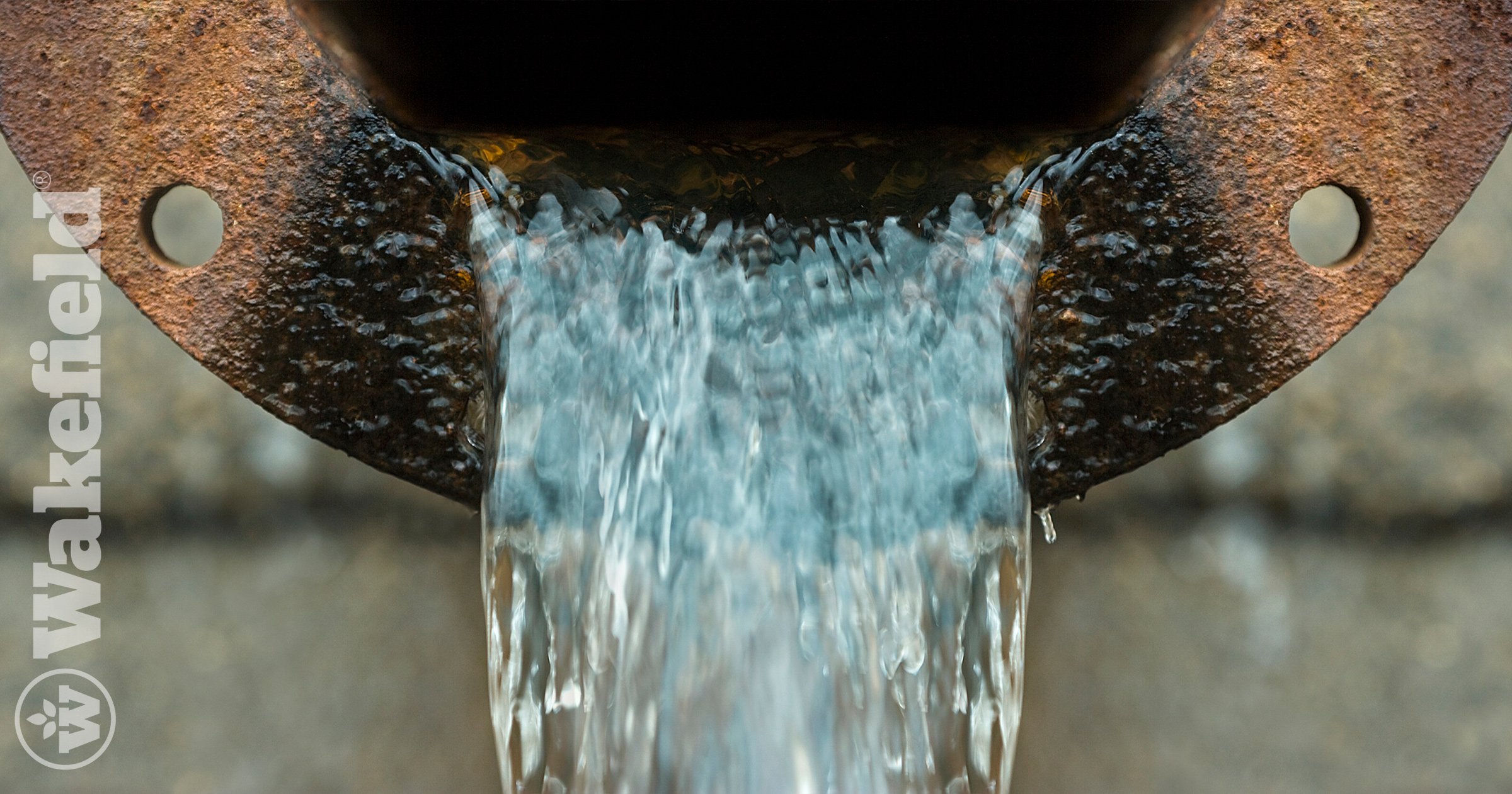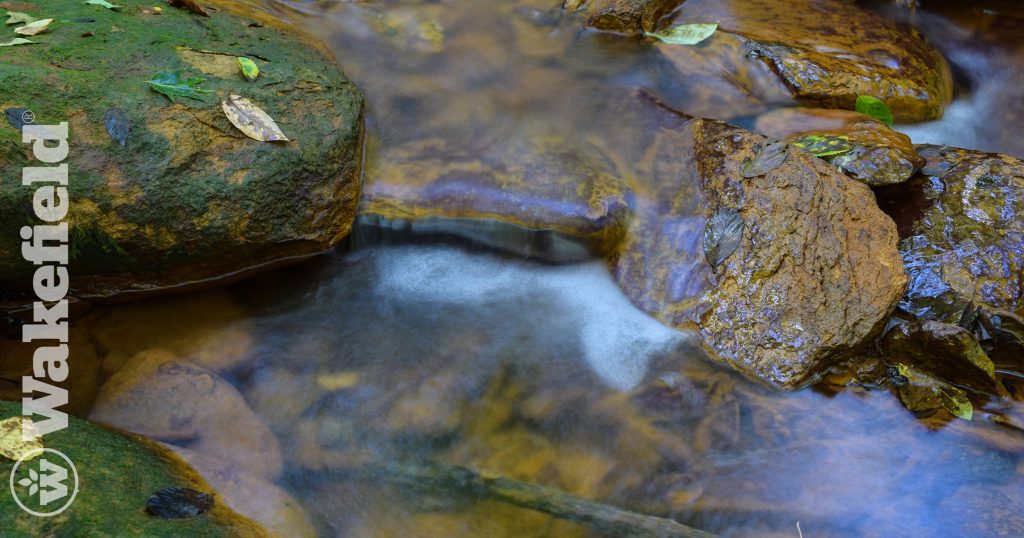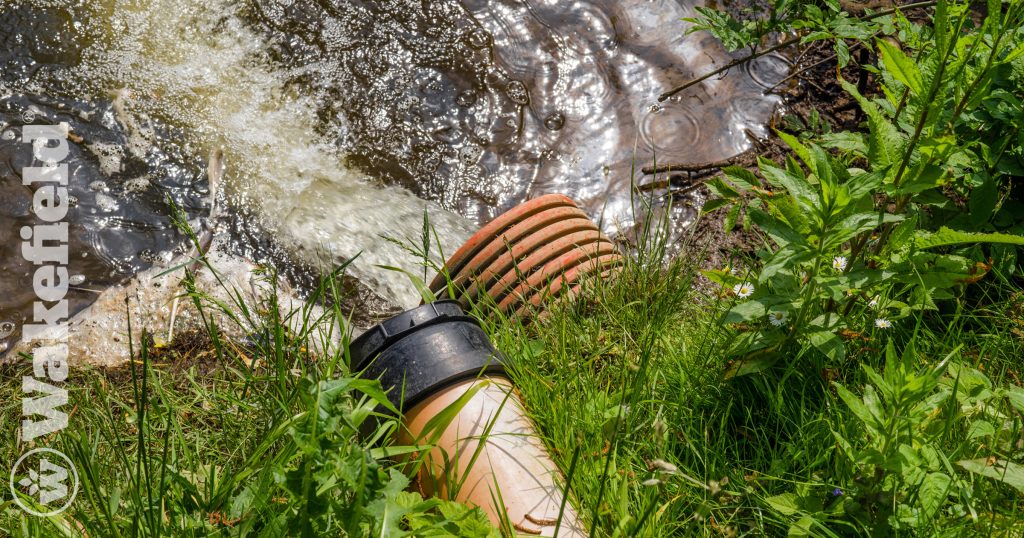How Biochar Aids in Municipal Wastewater Remediation

Biochar is not just good for improving soil; it also helps clean wastewater. Wastewater treatment is important because it removes contaminants and recycles water for different uses like industry, irrigation, and drinking. However, traditional wastewater treatment methods can be very expensive and use a lot of energy. This is where green technologies like biochar come in, offering a more sustainable and efficient way to manage wastewater.
Biochar for Organic Contaminants
Biochar is great at removing organic contaminants. It can get rid of antibiotics, dyes, pesticides, phenols, and polycyclic aromatic hydrocarbons (PAHs). Biochar is especially good at removing antibiotics like tetracyclines and sulfonamides, which are hard to break down. This makes it a reliable solution for treating these tough pollutants.
Biochar for Inorganic Contaminants
Biochar also handles inorganic contaminants well. It can remove ammonium ions, fluoride, nitrate, and phosphates. By dealing with these common pollutants, biochar helps keep our water cleaner and safer. Its ability to tackle different kinds of contaminants shows how useful it is.
Heavy Metals and Pharmaceuticals
Biochar can remove heavy metals and pharmaceuticals too. It can take out heavy metals from industrial processes and up to 90% of common pharmaceuticals. This makes biochar a valuable tool in reducing pollution from both industrial and pharmaceutical sources.
Additional Benefits of Biochar
Biochar has other benefits besides removing contaminants. It helps reduce pathogens in stormwater by increasing moisture content, which limits pathogen growth. Biochar also helps recycle nutrients by recovering and providing essential nutrients, which improves soil structure and fertility.
Practical Applications
There are several ways to use biochar for wastewater treatment. Mixing it with sand can create a biofilter that removes E. coli from stormwater. Biochar-based filters can also remove pathogens and limit bacterial growth. Another method is using hanging filters in catch basins, filtration socks, and slings, or directly in stormwater systems.
At Wakefield BioChar, we are dedicated to using biochar for wastewater management to help municipalities be better environmental stewards. Together, we can create a cleaner, healthier world.
Better Soil. Better World. Happy farming!







